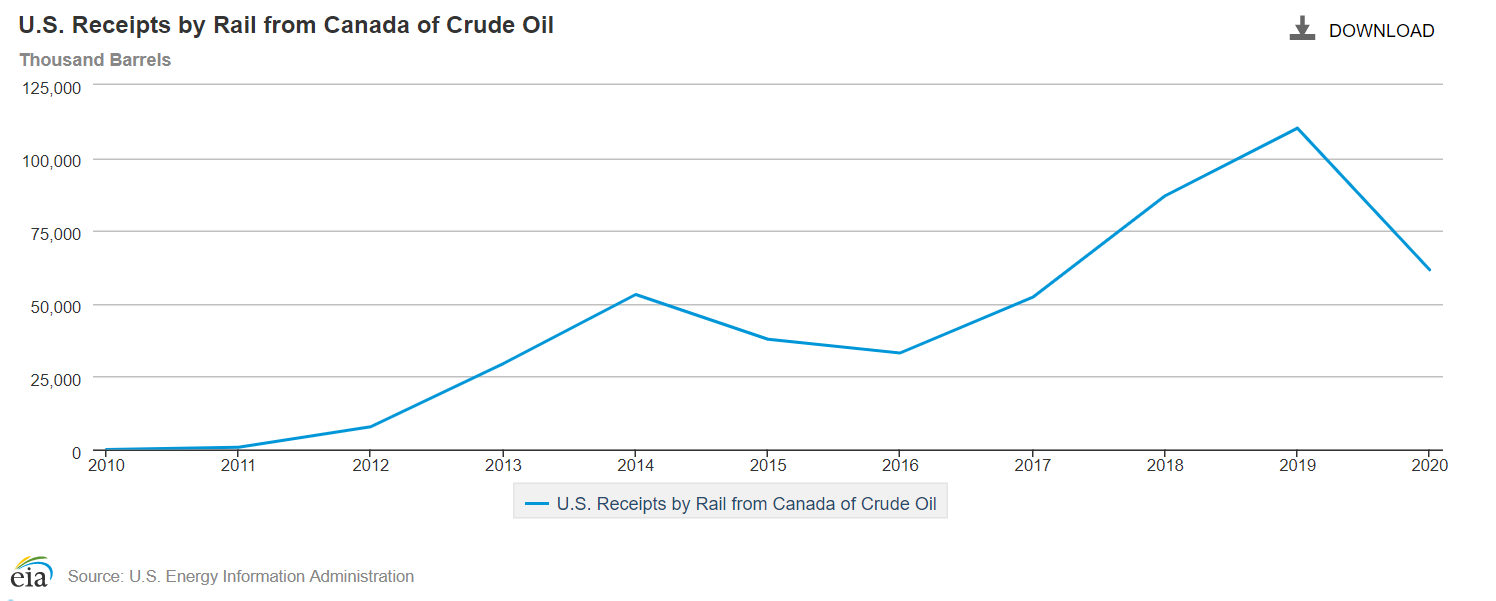The construction of a major pipeline replacement project that would carry crude from Canadian oilfields to a refinery in Wisconsin got a major boost on Thursday from the Biden Administration.
According to the New York Times, the administration is siding with a prior permitting decision by the Army Corps of Engineers:
“Mr. Biden could still decide to withdraw the federal permits that the pipeline depends upon for construction to proceed. But for now, the administration is defending a decision by the United States Army Corps of Engineers to issue those permits. That decision was made in the closing days of the Trump Administration.”
Last week, Energy In Depth noted that many of those protesters have touted “environmental justice” and Native rights, but hypocritically, those activists committed acts of vandalism and property destruction, including against Native-owned businesses and Native employees who are working on the project.
Enbridge, the Canadian company managing the project touted the community outreach conducted to support the project the Times reported:
“In a statement, an Enbridge spokesman, Michael Barnes, welcomed the administration’s filing, saying it ‘lays out the very thorough review behind the science-based approval.’
“Enbridge worked with local tribes in what Mr. Barnes called ‘the longest and most extensive’ consultation process of its kind for an energy project. He added that the company was required under a consent decree reached during the Obama administration to replace its older pipeline.”
The administration’s decision comes months after President Biden famously revoked the permit for the Keystone XL pipeline, ultimately forcing its developer, TC Energy, to cancel that project earlier this month.
Blocking pipelines only means that the oil coming into the United States will travel by rail. Pipelines are considered by many to be the safest, most efficient means of transporting oil.
As Energy In Depth noted after Keystone XL’s cancellation, the United States imports 49 percent more Canadian oil now than it did in 2012. While much of this supply does enter the country via existing pipeline infrastructure, Canadian imports by rail have also increased over this time period. Even with the sharp drop-off in 2020 due to the COVID-19 pandemic, crude by rail imports over the past 10 years have skyrocketed.

Blocking pipelines also undermines North American energy security and the strong partnership between the United States and Canada. Imports of Russian oil have also hit records highs as refineries still require a steady supply of petroleum, including certain grades of crude that are not widely produced in the United States.
While Line 3 still faces continued protests and more permit approvals, this week’s decision from the Biden Administration to allow the project to proceed is a step in the right direction for the Native businesses and workers building the pipeline and for North American energy security.
This post appeared first on Energy In Depth.
